Look to the binaries.
Aliens may be traveling from one star system to another when two stars get close enough to one another, a study suggests.

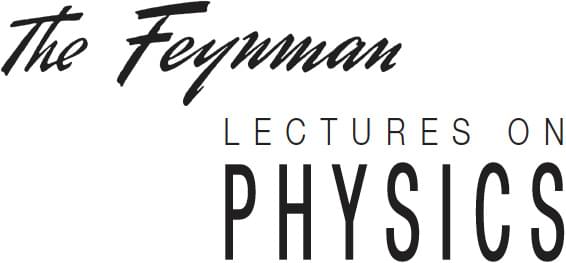
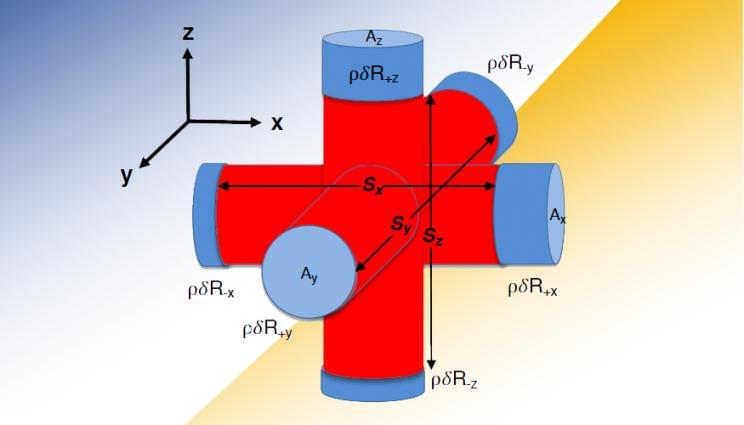
They are examining all million pieces of the puzzle to make the next #NIF shots “even.” #physics.
https://www.llnl.gov/news/research-looks-piston-model-unders…implosions

Oort Cloud comet C/2014 UN271, also known as Comet measures some 85 miles (137 km) in diameter, give or take 10.5 miles (17 km), reports a research team led by astronomer Emmanuel Lellouch of the Paris Observatory. Their new paper on the mega comet has been accepted for publication in Astronomy and Astrophysics Letters, and you can sneak a peak of the preprint at the arXiv.
These latest observations confirm that Comet is the largest Oort Cloud object ever detected, as it’s nearly twice as big as comet Hale-Bopp (observed in 1997), the nucleus of which measured between 25 and 50 miles (40 and 80 km) wide. It’s also bigger than Comet Sarabat (observed in 1729), which had a nucleus measuring somewhere around 62 miles (100 km) in diameter.
Comet is currently inbound from the Oort Cloud 0, a distant region of the solar system known for packing billions and possibly trillions of icy objects. The comet will make its closest approach to Earth in 2031, when it will come to within 11 au of the Sun (1 billion miles), in which 1 au is the average distance from Earth to the Sun. The comet, coming no closer than Saturn, won’t likely be visible to the unaided eye, but astronomers will be keeping a close watch, as it’s turning out to be a rather extraordinary object.
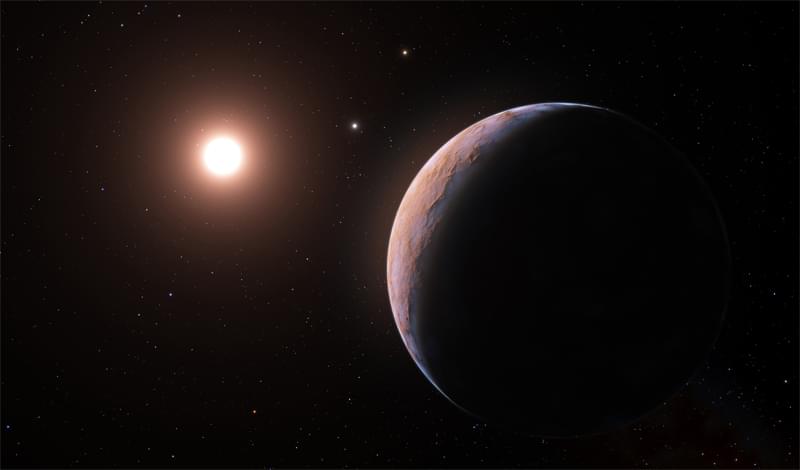
A team of astronomers using the European Southern Observatory’s Very Large Telescope (ESO’s VLT) in Chile have found evidence of another planet orbiting Proxima Centauri, the closest star to our Solar System. This candidate planet is the third detected in the system and the lightest yet discovered orbiting this star. At just a quarter of Earth’s mass, the planet is also one of the lightest exoplanets ever found.
“The discovery shows that our closest stellar neighbour seems to be packed with interesting new worlds, within reach of further study and future exploration,” said João Faria, a researcher at the Institute of Astrophysics and Space Sciences, Portugal, lead author of a study published today in Astronomy and Astrophysics. Proxima Centauri is a small, M-class star, lying just 4.2 light years away.
The newly discovered planet, named Proxima d, orbits Proxima Centauri at a distance of about four million kilometres, less than a tenth of Mercury’s distance from the Sun. It lies between the star and the habitable zone – the band where liquid water can exist at the surface of a planet – and takes just five days to complete one orbit around its star.
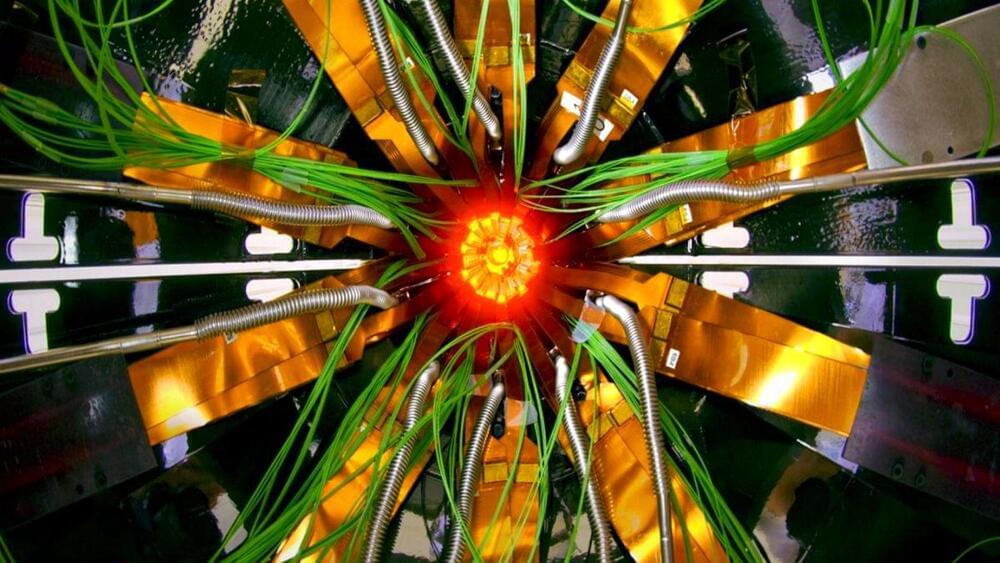
It’s no secret that, while the humble GPU was originally conceived for the express purpose of chucking polygons around a screen in the most efficient way, it turns out the parallel processing prowess of modern graphics chips makes for an incredibly powerful tool in the scientific community. And an incredibly efficient one, too. Indeed A Large Ion Collider Experiment (ALICE) has been using GPUs in its calculations since 2010 and its work has now encouraged their increased use in various LHC experiments.
The potential bad news is that it does mean there’s yet another group desperate for the limited amount of GPU silicon coming out of the fabs of TSMC and Samsung. Though at least this lot will be using it for a loftier purpose than mining fake money coins.
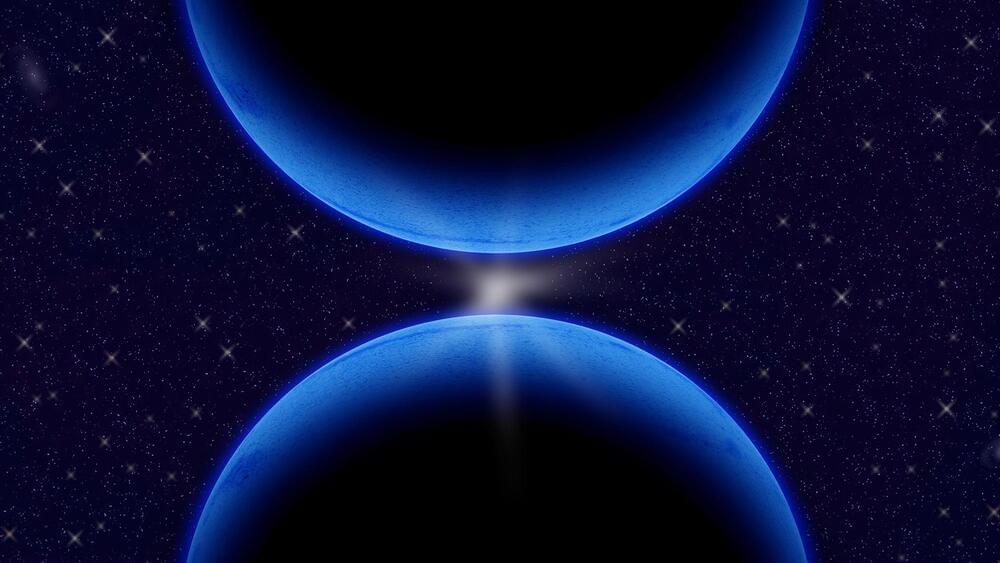
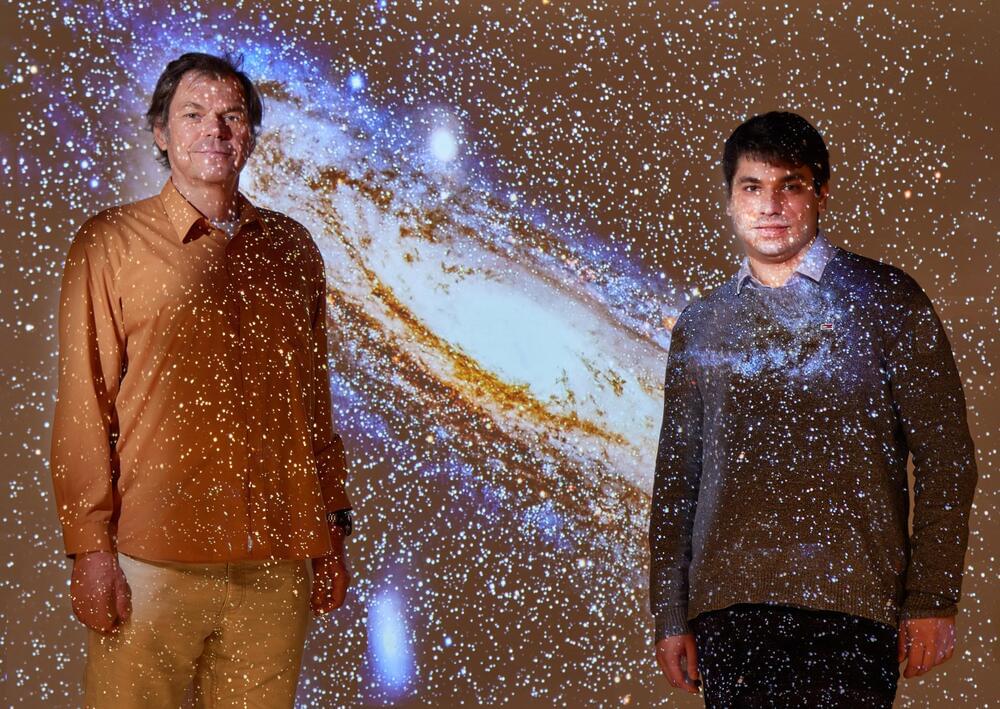
The Standard Model of Cosmology describes how the universe came into being according to the view of most physicists. Researchers at the University of Bonn have now studied the evolution of galaxies within this model, finding considerable discrepancies with actual observations. The University of St. Andrews in Scotland and Charles University in the Czech Republic were also involved in the study. The results have now been published in the Astrophysical Journal.
Most galaxies visible from Earth resemble a flat disk with a thickened center. They are therefore similar to the sports equipment of a discus thrower. According to the Standard Model of Cosmology, however, such disks should form rather rarely. This is because in the model, every galaxy is surrounded by a halo of dark matter. This halo is invisible, but exerts a strong gravitational pull on nearby galaxies due to its mass. “That’s why we keep seeing galaxies merging with each other in the model universe,” explains Prof. Dr. Pavel Kroupa of the Helmholtz Institute for Radiation and Nuclear Physics at the University of Bonn.
This crash has two effects, the physicist explains: “First, the galaxies penetrate in the process, destroying the disk shape. Second, it reduces the angular momentum of the new galaxy created by the merger.” Put simply, this greatly decreases its rotational speed. The rotating motion normally ensures that the centrifugal forces acting during this process cause a new disk to form. However, if the angular momentum is too small, a new disk will not form at all.
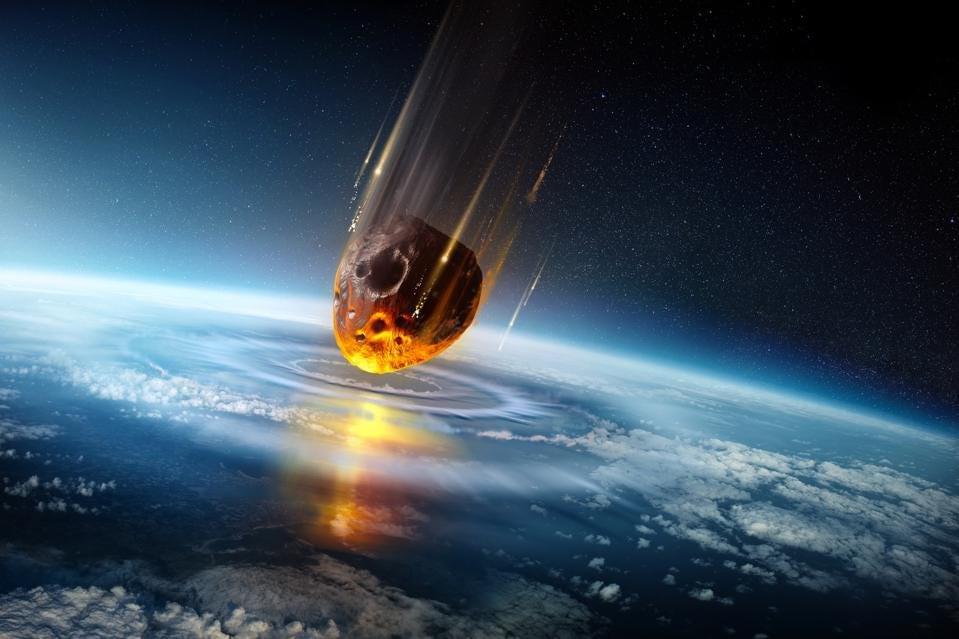
About 66 million years ago, a “planet killer” — a 10-kilometer-wide rocky asteroid — hit Earth. The Chicxulub impact caused a mass extinction on a planetary scale, killing off an estimated 76 percent of all species living on Earth at the time, including the dinosaurs. According to a study published by Philip Lubin and Alexander N. Cohen, both physicists at the University of California in Santa Barbara, there is a chance that humanity could survive such a similar impact happening in the near future.
There currently are about 1,200 asteroids on a publicly available asteroid risk list, but all are smaller than one kilometer. The probability of a Chicxulub sized asteroid (5 to 15 kilometers across) hitting Earth is once in a billion years — very low, but not impossible.